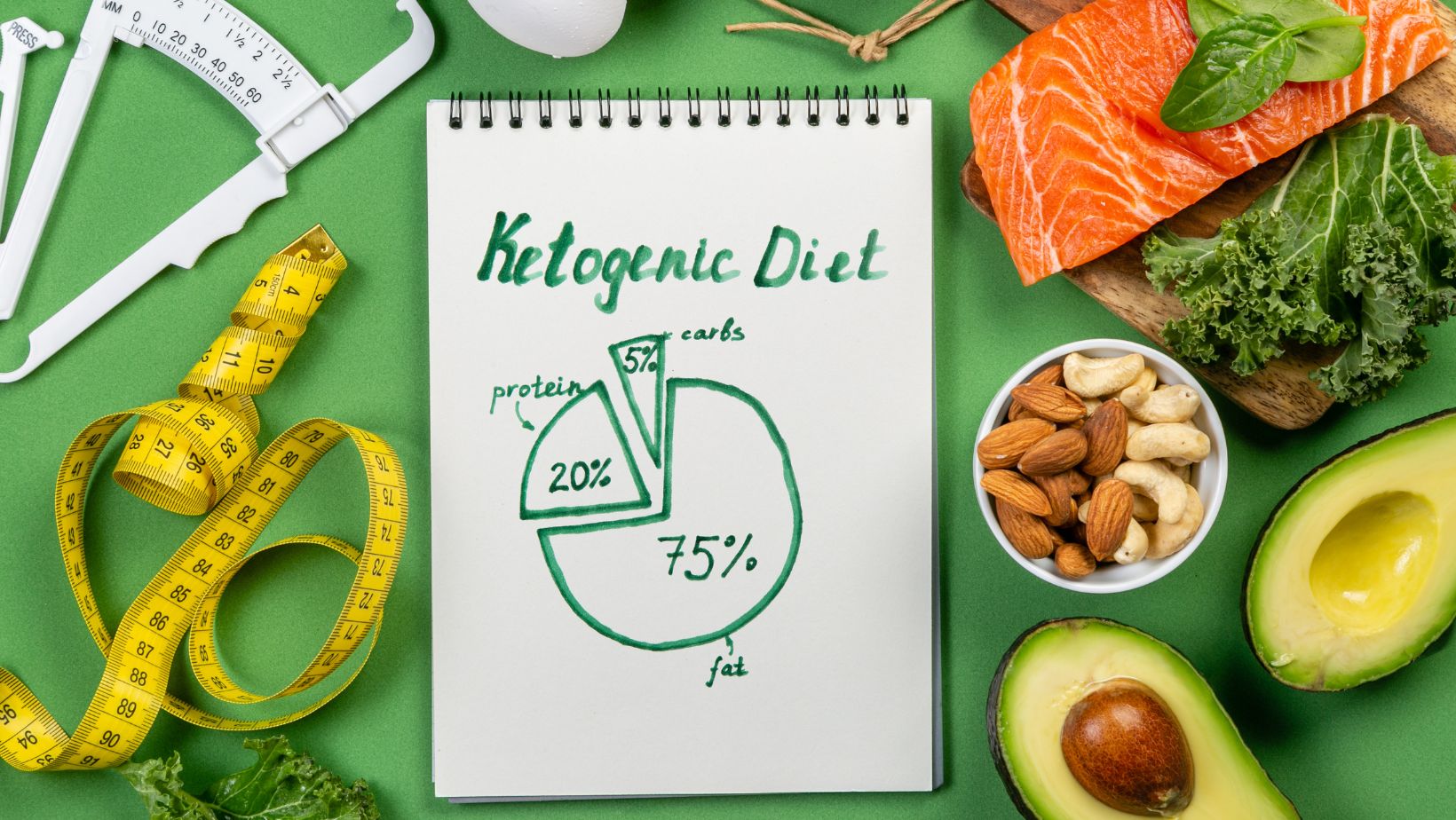
How Much Sugar for Keto
Wondering how much sugar you can have on a keto diet? Well, I’ll break it down for you. The ketogenic diet is a low-carb, high-fat eating plan that aims to put your body into a state of ketosis. In this metabolic state, your body burns fat for fuel instead of carbohydrates. Since sugars are high in carbs, the general rule for keto is to avoid them as much as possible.
On a strict keto diet, it’s recommended to limit your daily sugar intake to 20-30 grams or less. This includes both added sugars and natural sugars found in fruits and certain vegetables. Keeping your sugar intake low is crucial to maintaining ketosis and reaping the full benefits of the ketogenic lifestyle.
It’s important to note that not all sugars are created equal. While refined sugars like table sugar and high-fructose corn syrup should be avoided altogether, some natural sweeteners like stevia or erythritol can be used in moderation without kicking you out of ketosis. It’s all about finding a balance that works for you while staying within the guidelines of the keto diet.
Remember, everyone’s tolerance for sugar on keto may vary slightly, so listen to your body and adjust accordingly. Stay mindful of hidden sources of sugar in processed foods and beverages, read labels carefully, and opt for whole foods whenever possible. With discipline and awareness, you can successfully navigate the world of sweets while staying true to your keto goals.
How Much Sugar is Allowed on the Keto Diet?
When it comes to the keto diet, sugar intake is a crucial factor to consider. The primary goal of the keto diet is to shift your body into a state of ketosis, where it burns fat for fuel instead of carbohydrates. Since sugar is a type of carbohydrate, it’s essential to limit its consumption in order to achieve and maintain ketosis.
On the keto diet, there isn’t an exact amount of sugar that’s universally recommended. However, most experts suggest keeping your daily sugar intake below 20-30 grams per day. This includes both added sugars and natural sugars found in fruits and some vegetables.
It’s important to be mindful of hidden sugars lurking in various processed foods and beverages. Many packaged products contain added sugars under different names like sucrose, high-fructose corn syrup, or dextrose. Reading labels carefully can help you identify these sneaky sources and make informed choices.
Instead of relying on sugary treats or processed snacks, opt for low-carb alternatives that won’t kick you out of ketosis. Fresh berries like strawberries or raspberries are relatively low in sugar compared to tropical fruits like bananas or mangos. Additionally, incorporating healthy fats from sources like avocados, nuts, and seeds can help satisfy cravings while keeping your carb count in check.
Remember that everyone’s tolerance for carbs and sugars may vary slightly based on individual factors such as metabolism and activity level. Some people may be able to consume slightly more sugar without affecting their ketosis state significantly. However, it’s generally safer to err on the side of caution by minimizing your sugar intake as much as possible.
Maintaining ketosis on the keto diet requires being mindful about your sugar consumption. By limiting added sugars and opting for low-carb alternatives, you’ll have better control over your carb intake while enjoying the benefits this dietary approach has to offer. So, keep an eye on those sugar grams and stay on track with your keto journey.

